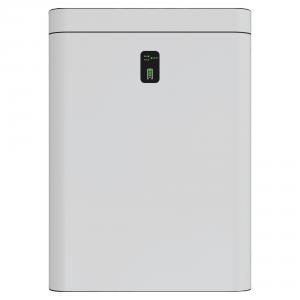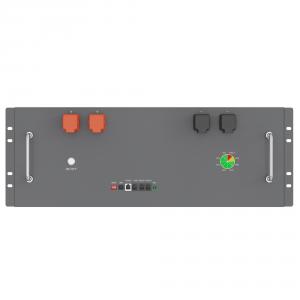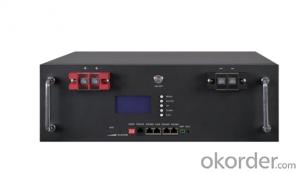Loading Port:Shanghai
Payment Terms:TT OR LC
Min Order Qty:1000 unit
Supply Capability:5000000 unit/month
Gel Technology Battery Ares(OPzV) Series Introduction
Ares(OPzV) range battery adopts traditional gel technology .
The products are designed as standby power for communication, power, military and broadcast and television system with excellent deep cycle performance. The design float life is 18+ at 77oF(25oC)
The Ares(OPzV) range batteries are ensured the quality with NARADA's QA system according to the ISO9001 and ISO14001 standard.
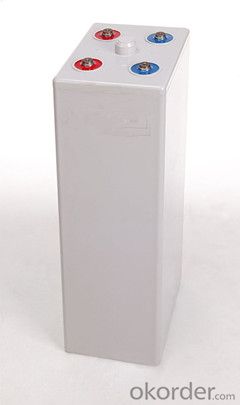
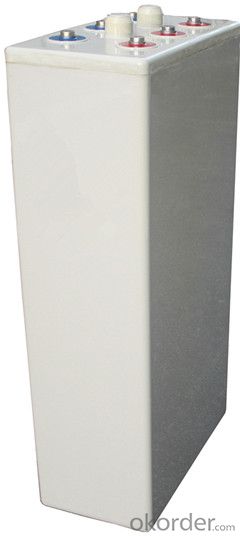
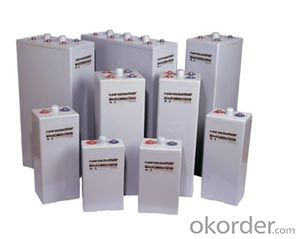
Type: | 12OPzV 1500 | |
Voltage: | 2V | |
Nominal Capacity: | 1500Ah(C10) | 1500Ah(10 hours rate:) |
Length: | 275mm | |
Width: | 210mm | |
Height: | 795mm | |
Height with termial: | 827mm | |
Weight: | 117Kg |
Gel Technology Battery Ares(OPzV) Series Technical Feature:
Traditional gel technology
18+ years design life under floating application and cycle life is above 1200 at 80% DOD under temperature 25 oC.
Reliable seal performance, no acid spillage, recombination efficiency reach 99.9%
Initial capacity above 100%, the remaining capacity above 94% after storage for 3 months (25oC)
low float charge voltage. design (2.23V/cell, 25oC), extremely consistent float charge voltage
Flexible connectors and convenient installation
Gel Technology Battery Ares(OPzV) Series Compliant Standards :
IEC60896-21/22
Din standard
UL
Manufactured under system ISO9001(TUV) and ISO14001(DNV) by Narada
Gel Technology Battery Ares(OPzV) Series Battery Iinstallation Compliant with:
EN 50272-2 or local equivalents
Gel Technology Battery Ares(OPzV) Series Main Application:
Telecommunications
Motive power applications
Railway and mining markets
Uninterruptible power supply (UPS)
Solar energy storage application
Other applications to provide integrated stored energy system
Gel Technology Battery Ares(OPzV) Series Products Characteristics:
Recommended float charge voltage for 2V battery: 2.23Vpc at 25oC(77oF)
Self discharge rate :< 2% per month at 25oC(77oF)
Design life: 18+ years at 25oC(77oF)
Shelf life: 6 months at 25oC(77oF)
Valve regulated system, no water addition needed
FAQ
![]() What is sulfation of batteries?
What is sulfation of batteries?
Sulfation is the formation or deposit of lead sulfate on the surface and in the pores of the active material of the batteries' lead plates. If the sulfation becomes excessive and forms large crystals on the plates, the battery will not operate efficiently and may not work at all. Common causes of battery sulfation are standing a long time in a discharged condition, operating at excessive temperatures, and prolonged under or over charging.
![]() How long a battery can last?
How long a battery can last?
The service design life of a battery are vary considerably with how it is used, how it is maintained and charged, temperature, and other factors.
![]() Do batteries self-discharge when not in use?
Do batteries self-discharge when not in use?
All batteries, regardless of their chemistry, self-discharge. The rate of self-discharge depends both on the type of battery and the storage temperature the batteries are exposed to. However, for a good estimate, Narada batteries self-discharge approximately 4% per week at 80ĄăF.
